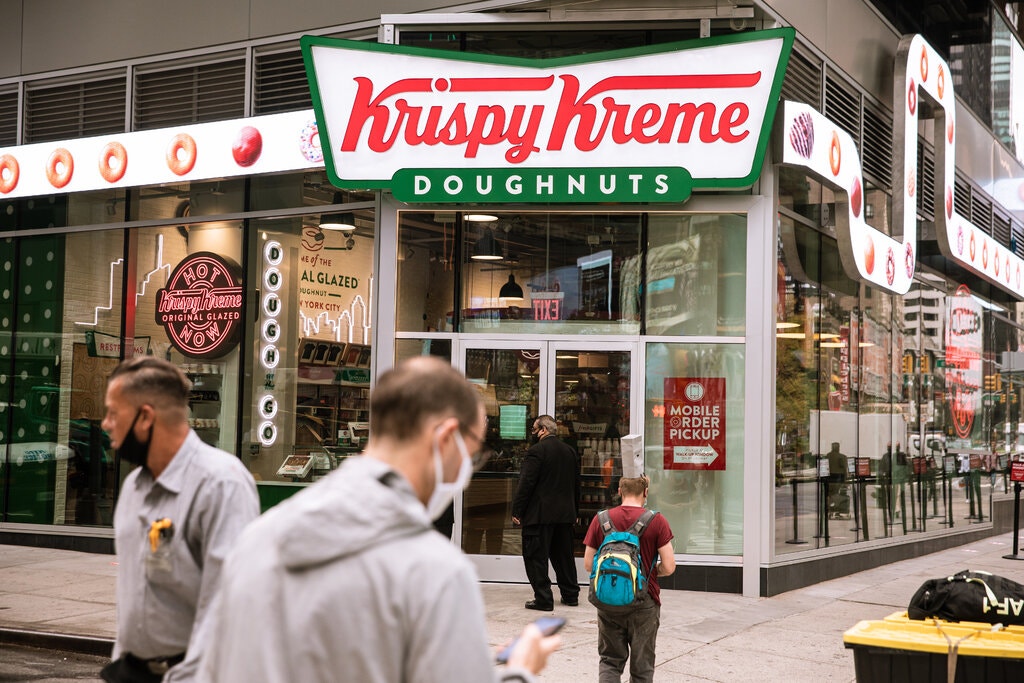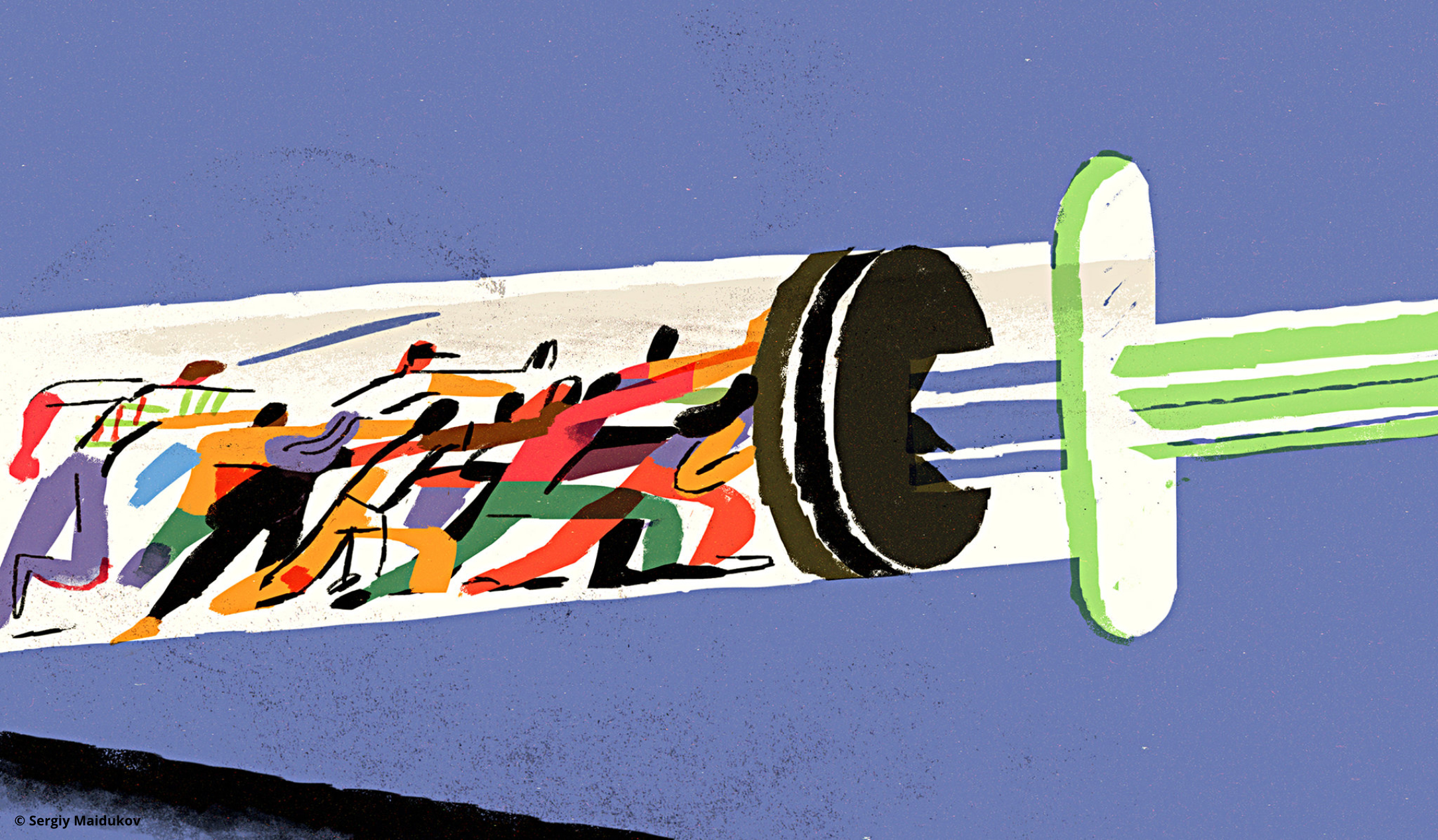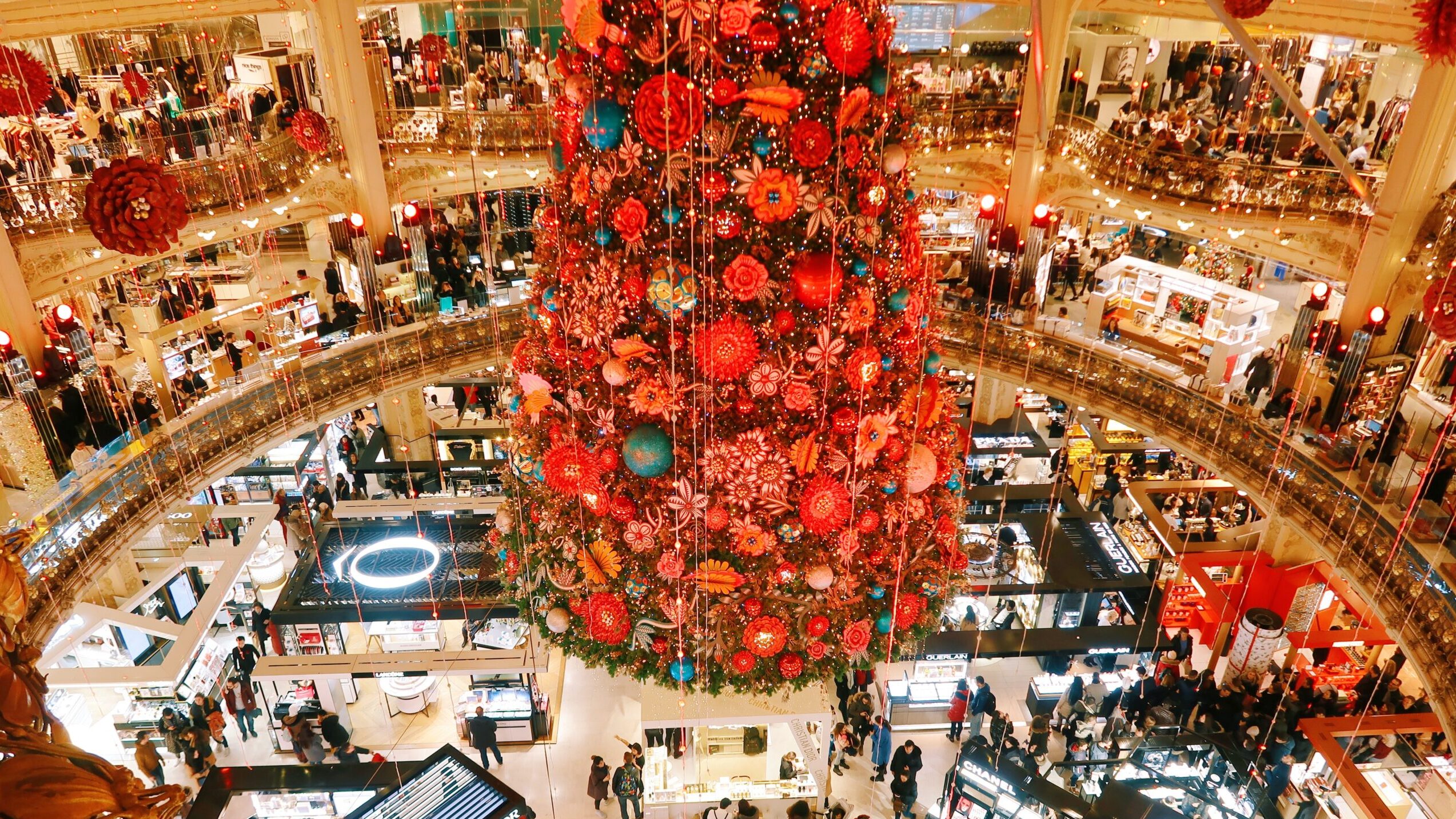The gig economy is alive and well. In fact, this modern online phenomenon has only…
2021 Brand Messaging Aims to Boost Vaccine Confidence
The pace of coronavirus vaccinations has accelerated in recent weeks, with about 69% of Americans planning to get a shot. But not everyone is on board. Lack of education and mistrust surrounding vaccine development has led some people to waver or decide not to get inoculated at all.
To encourage confidence in the vaccines, major brands are taking action around the world through creative strategy and messaging. Scotland-based craft brewery BrewDog is offering up its closed locations as vaccination sites and Krispy Kreme Doughnuts is tempting customers with a free glazed when they present their vaccination card.

There have been missteps, of course, as brands seek to walk the fine line between public good and promotion; Ryanair, for instance, was forced to pull its ‘‘Jab and Go’ advertising campaign after complaints it was misleading. But most brand strategy efforts are seeking to restore public health and reboot a pandemic-devastated economy with education campaigns and incentives.
For the first time in nearly 40 years, Anheuser-Busch dropped its in-game Budweiser beer ad during the Super Bowl to redirect spending to the initiative. Monica Rustgi, vice president of marketing at Budweiser, said company executives saw marketing playing a role in overcoming the hesitation about vaccinations among some consumers.
“We’re not only a big beer brand but one of the biggest advertisers,” Rustgi told The Wall Street Journal.
In one of the largest public education efforts in US history, the Ad Council and COVID Collaborative in February launched COVID-19 Vaccine Education Initiative, “It’s Up To You” to “shift the public mindset from vaccine concern to vaccine confidence.” The campaign, which has raised more than $50 million and is expected to last up to 18 months, features hundreds of media companies, public health organizations, faith leaders, community groups, medical experts, and others.
Created with the Centers for Disease Control and Prevention (CDC), the ad campaign urges Americans to visit GetVaccineAnswers.org (DeTiDepende.org in Spanish) to get the latest accurate information about COVID-19 vaccines, their side effects, efficacy, and clinical trials. The message: Getting a vaccine is the best way to return to normal life.
“Our extraordinary partners across the communications industry are uniquely positioned to amplify these critical messages at scale,” said Lisa Sherman, president, and CEO of the Ad Council.
According to the Ad Council, these leading brands, media companies, and social platforms are just of few of those currently developing custom content to connect audiences with crucial information.
- Apple will inform customers about the benefits of the vaccine through the App Store, Apple Music, Apple News, and more.
- BIN: Black Information Network will provide a week of dedicated programming to provide trusted news and information to Black communities. (It has also teamed up with Boston Children’s Hospital on a tool to help US users learn where they can get the Covid-19 vaccine.)
- Spotify will produce custom audio PSAs and messaging points for podcast host reads to promote COVID-19 vaccine awareness and education, distributed across donated media on its free tier and integrated into podcasts on its platform.
- TikTok is donating prominent In-Feed advertising space dedicated to the “It’s Up to You” campaign.
- Twitter is developing a custom hash-emoji on behalf of the campaign and will also host and spotlight a live Q&A on their platform with a medical expert addressing top COVID-19 vaccine questions.
- Unilever – maker of brands like Dove, Hellmann’s and Suave – integrate the campaign into their annual Day of Service and amplify it with paid and earned media, retail tie-ins and a broader employee and Unilever partner program.
- Verizon developed a digital campaign extension of “It’s Up To You.”
Medical organizations are taking action, too. A consortium including Pfizer and BioNTech are using public service announcements to encourage people to get vaccinated against COVID-19 by showing a health-care worker greeting his child, a hug between friends, and a grandparent playing with a grandchild. And Facebook teamed up with Boston Children’s Hospital to help Americans find out where to get a Covid-19 vaccine, according to AdWeek.
At the same time, Facebook, Twitter, and other social media organizations are trying to cut back on vaccine misinformation. YouTube said it has removed hundreds of thousands of videos for violating its policies against Covid-19 misinformation.
And, of course, there’s always the power of a strong incentive, including e-commerce rewards, discounted transportation to vaccination centers through Lyft and Uber, and “pot for shots” deals by dispensaries offering customers a free joint when they show their vaccination card. Some retailers such as Best Buy, Target, and Trader Joe’s, are offering their employees paid time off to get vaccinated while others like Kroger are offering bonuses to vaccinated workers.
“Americans always rise to the challenge in times of crisis, said John Bridgeland, Co-Founder and CEO of the COVID Collaborative. The Collaborative has brought together top experts, leaders and institutions in health, education and the economy and associations representing the diversity of the country to engage Americans in their own recovery.”
However vaccine information reaches the public, experts agree that the most important thing is making sure people understand how and why the vaccine works so we can all do our part to bring an end to the pandemic.




